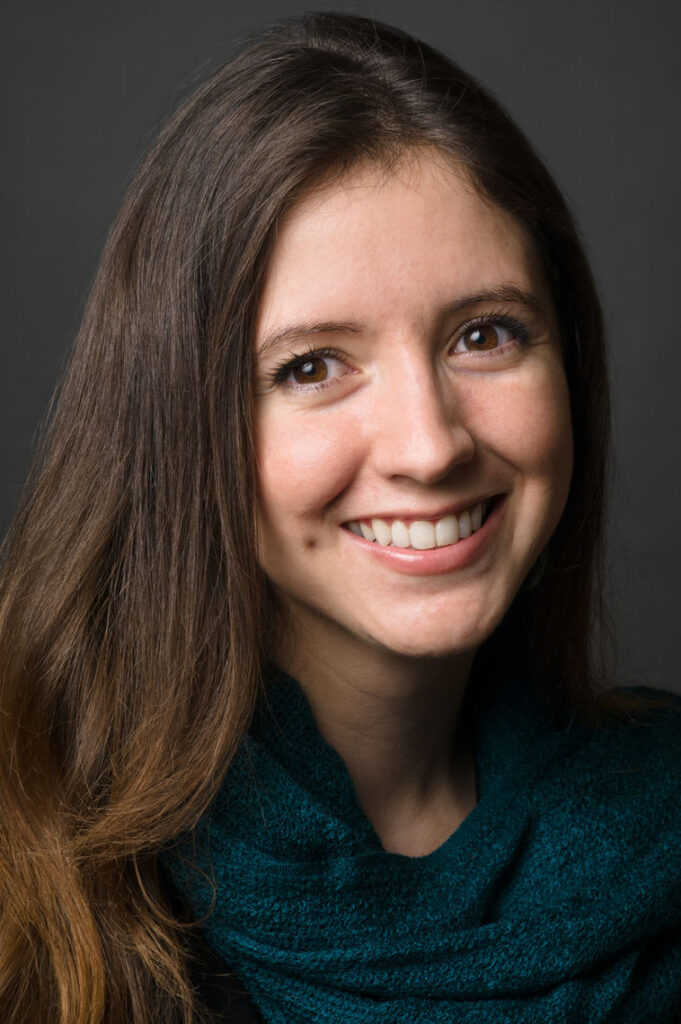- Fellow Highlights
A Century of Jinetes
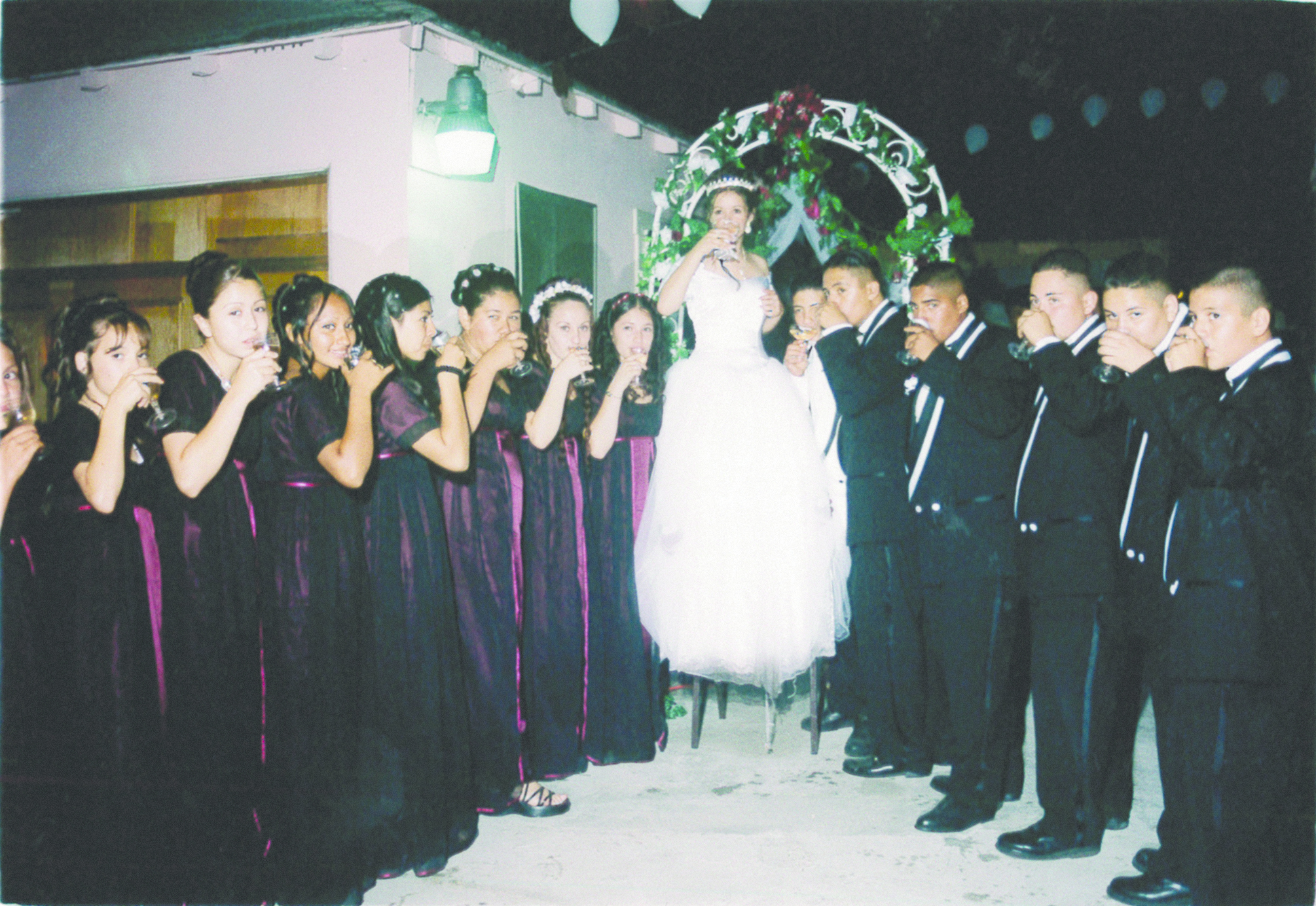
By Deisy Del Real
When I was six, my family left Mexico to immigrate to the United States. At that time, I craved only three simple things in life. I wanted to eat lots of candy, attend school with my friends, and work on my family’s farm with my dad. My parents never had money for candy, but I found ways to fulfill my other two desires. Whenever hard times hit our family, my father would say, “Deisy, you are de jinetes. You must be strong.”
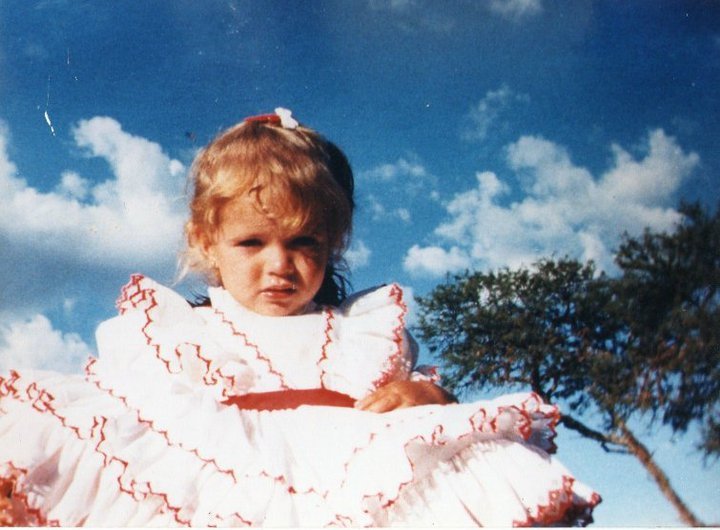
In these moments my dad was asking me to tap into the strength of my jinete ancestors. As legend has it, I come from a lineage of Maghrebian horsemen, Northwest African men and women who crossed three continents in search of fertile land. This legend would continue with my great-great-grandfather, who brought my ancestors to Mexico in the era of the Mexican Revolution. During this time, the rural elite of the country buried barrels filled with gold coins called reales in the ground. They had hoped to dig up the currency and regain their wealth once the revolution ended. In 1914, after Pancho Villa had defeated the federales in Zacatecas and was making his way to Mexico City, my great-great-grandfather found one of these mythical barrels. He changed our family’s name to Del Real, after these gold coins.
While the legend of my great-great-grandfather’s riches lived in our hearts, there was no evidence of his wealth in our lives. The North American Free Trade Agreement made it impossible for my family to compete with the government-subsidized agribusinesses in the United States. My parents could not sell their crops at a competitive rate, and poverty struck our family. Farming could no longer sustain our livelihood, so like the Maghrebis before us, my parents started their search for better land.
I was only six years old when, after a long day of working in the cornfields, my father dyed my blonde hair black to prepare for our migration to the US. A few days later, his siblings arrived from California. They separated my immediate family into strategic units for the border crossing. I was sent with an aunt whom I had never met before, and I was instructed to call her Mom. My two younger siblings were given to other aunts and uncles.
We were too poor to ever qualify for a US visa, so we immigrated to the US the only way we could: without authorization. When my family set out to cross the Mexico-US border, we did not know if we were going to see each other on the other side. We did not know whether one of us was going to be discovered and detained. My dad’s siblings were risking arrest, and my dad was risking death. “Suffering is necessary,” my father told me before we parted ways; it was the only way that we would find our own reales.
Over the next few weeks, my immediate family slowly reunited in Los Angeles. The last one of my family members to arrive was my father, who had crossed the border by foot. Two immigration officers had chased and beat him, but luckily he had escaped their detention. As a family united, we began to live in my aunt’s small garage, where we would remain for several years.
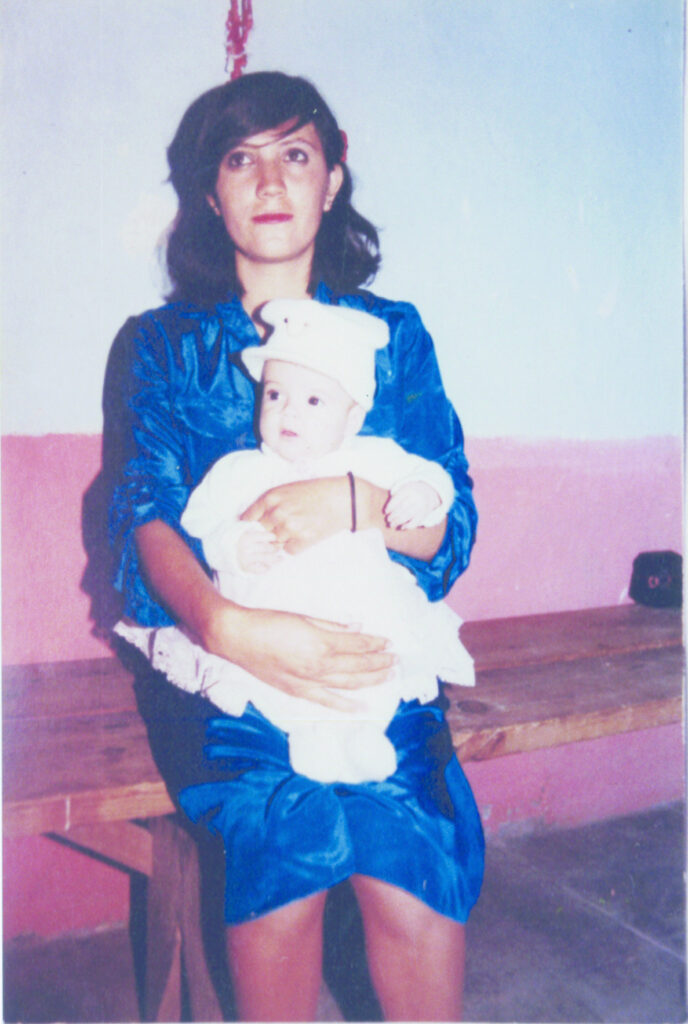
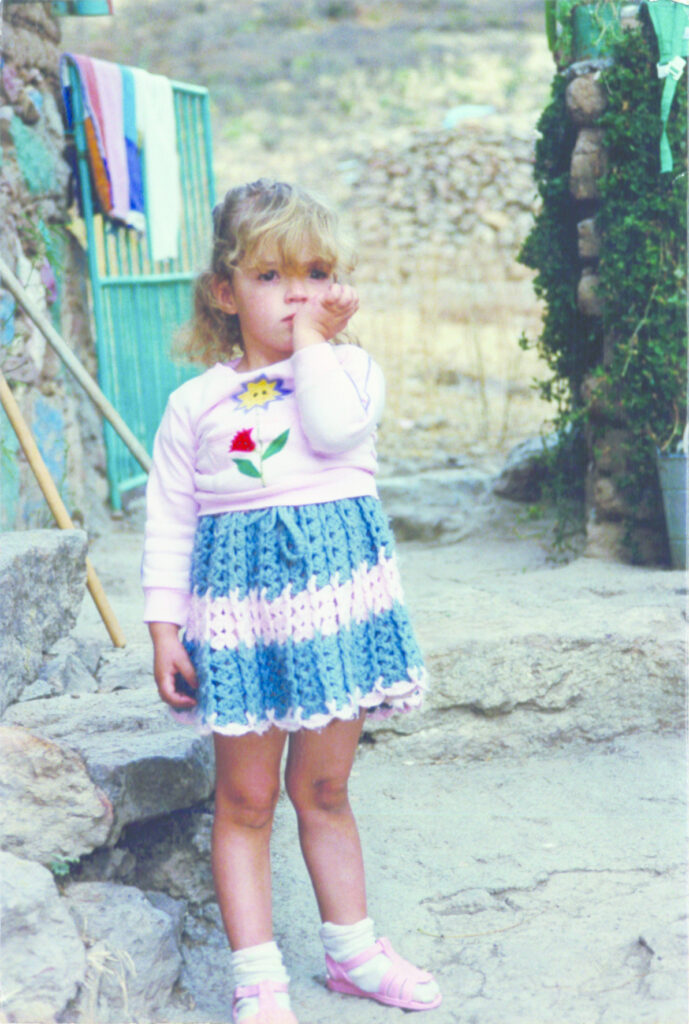
When I was 13, I began to dream of college. To prepare, I decided to apply to a collegepreparatory program. There was one small problem, though: the program required a copy of my Social Security card. When I asked my parents for a copy of my card, they frantically told me that I did not have one. While struggling with their own fears, my parents asked me to lower my expectations, to avoid becoming completely shattered by my unrealistic dreams. They encouraged me to finish high school so that I could get a black-market job in order to help them provide for my siblings.
I quickly learned that being an undocumented immigrant meant that I would not qualify for financial aid and would have to pay for college on my own. Desperate for a solution, I called my father’s boss to ask for a job at the factory. At the early age of 13, I joined the electronic assembly line next to a proud father who saw me as his safety net—the key to the family’s survival if he was to be deported. Filled with remorse, I did not tell him that I was saving to pay for my own college education.
At the factory, I befriended other hardworking undocumented individuals who were worried about getting deported or separated from their children. In their company, I discovered a new kind of fear, one so real that absolutely nothing felt safe. If I ever did feel comfortable, the anti-immigrant headlines on the news announcing efforts to “deport illegals” served to remind me of my vulnerability. I was aware that anybody who found out about my immigration status could, with one phone call, have my entire family deported.
People would tell me to live in the moment, but they did not realize that every moment for me was filled with a real threat of being separated from my family. I was scared that one of us would get sick and be forced to endure, or die from, a curable illness because we could not access regular medical care. I feared that if my dad lost his job, we were a few misfortunes away from becoming homeless. My life could unravel at any moment.
But soon, without my even realizing it, things began to change. My efforts to improve my life and the lives of others slowly cultivated a network of allies. My college counselor, who knew about my social and creative campaigns, nominated me for a merit-based scholarship to attend Grinnell College, a liberal arts institution in Iowa, which eventually gave me a full tuition scholarship.
As I got older, my perspective started to change. I realized that even though I was undocumented, because of my education, I had more privileges than my parents. I had become fluent in English, and I had learned about US history, US government structures, and social movements. I also realized that my friends who were US citizens were also struggling; many were dropping out, joining gangs, or finding out that our inner-city education was not preparing us very well for college.
As a way to expand my horizons, I began to work with Digital Migrant, a documentary filmmaking program that focused on the lives of four undocumented hotel workers who had become union leaders. A woman named Lupe, the only female leader on the team, left a deep impression on me. Despite being poor, undocumented, and a single mother, Lupe embraced life with enthusiasm and fearlessness. Her ferocious spirit helped me see that amid the legal barriers we faced, we undocumented immigrants could be powerful. This power that I discovered while among the hotel union leaders sunk in slowly—a part of me believed it, and the other part was facing a hopeless reality.
When senior year of high school started, I had barely saved enough money to cover one year of year of community college. But soon, without my even realizing it, things began to change. My efforts to improve my life and the lives of others slowly cultivated a network of allies. My college counselor, who knew about my social and creative campaigns, nominated me for a merit-based scholarship to attend Grinnell College, a liberal arts institution in Iowa, which eventually gave me a full tuition scholarship.
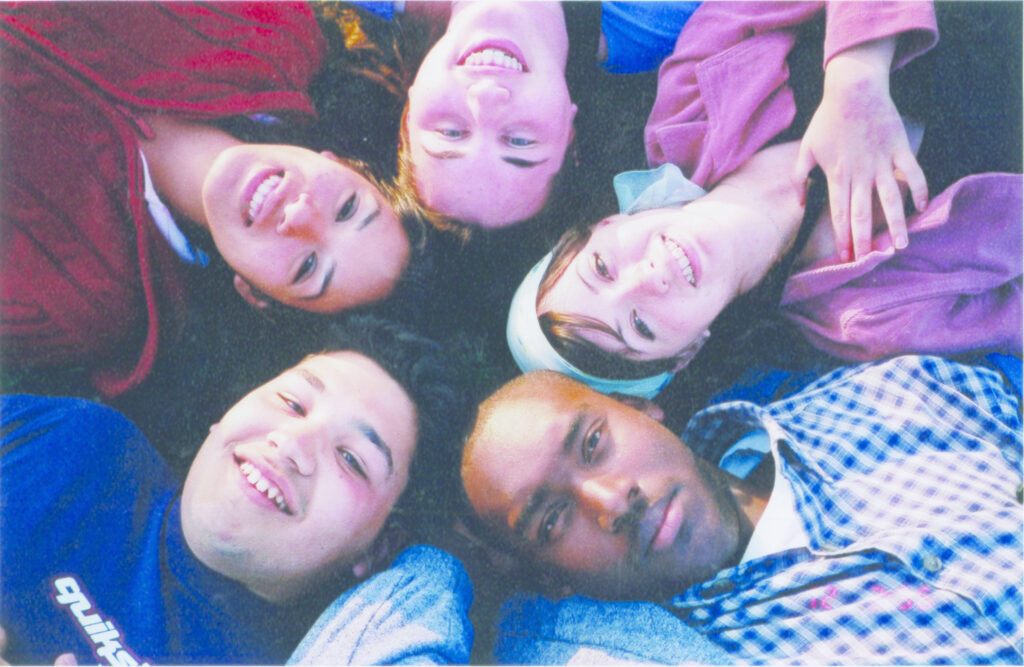
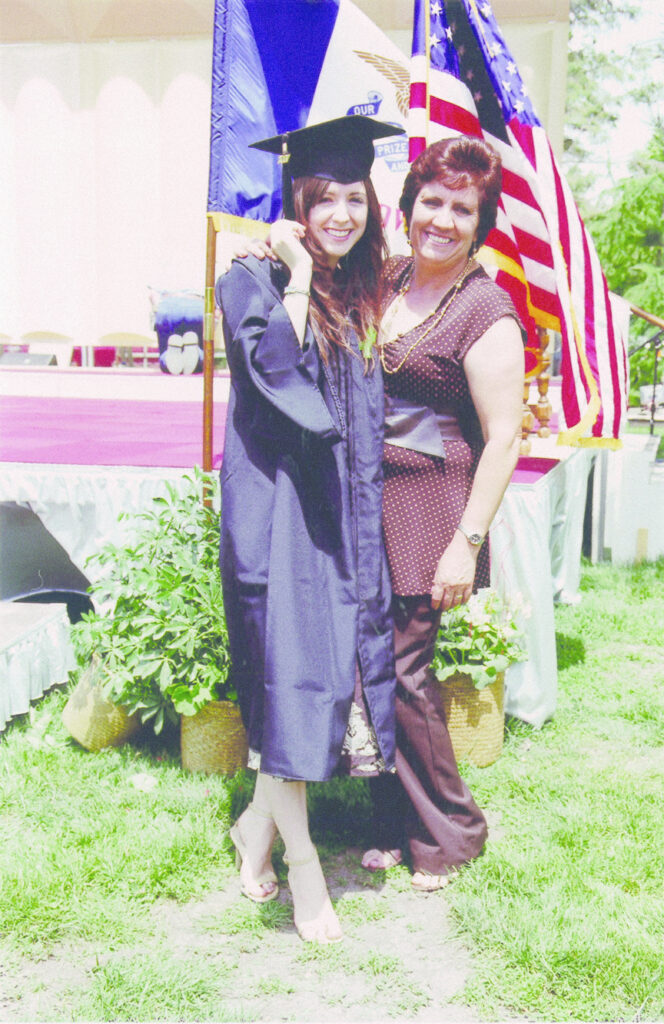
At Grinnell, I realized that immigration is a fractured system and that I could help others navigate the process. I immediately began working with the Coalition for Humane Immigrant Rights of Los Angeles (CHIRLA) to help create a statewide network of undocumented students in California.
In 2005, during my time at Grinnell, my family received a notice from the US Citizenship and Immigration Services informing us that, after waiting for 16 years, our case was going to be reviewed. For me, the excitement was short-lived. Soon after we received the notice, I realized that I would age out of my family’s application for permanent residency when I turned 21, which was in two months. This would mean that I could be deported and banned from reentering the US for ten years. In other words, the immigration officer, one person, could destroy everything I spent a decade cultivating.
When I told Angelica Salas, the director of CHIRLA, about my situation, she asked if I would be willing to share my story before the media. My parents objected; they were afraid that calling attention to myself would lead to my being deported before our immigration interview. But I was tired of being scared, and more than anything, I wanted to tell my story so that other undocumented immigrants would know that they were not alone.
But I was tired of being scared, and more than anything, I wanted to tell my story so that other undocumented immigrants would know that they were not alone.
I started out talking to reporters and college groups. Then, one afternoon, Angelica asked me to join a social justice bus tour that CHIRLA had organized for tourists visiting Los Angeles. I explained to the tour group that I was just a nerdy student—just a human being who had struggled to get into college and wanted to stay in the country to get my degree and give something back. If I got deported without a degree, I had no idea how I was going to survive in Mexico by myself. I was scared.
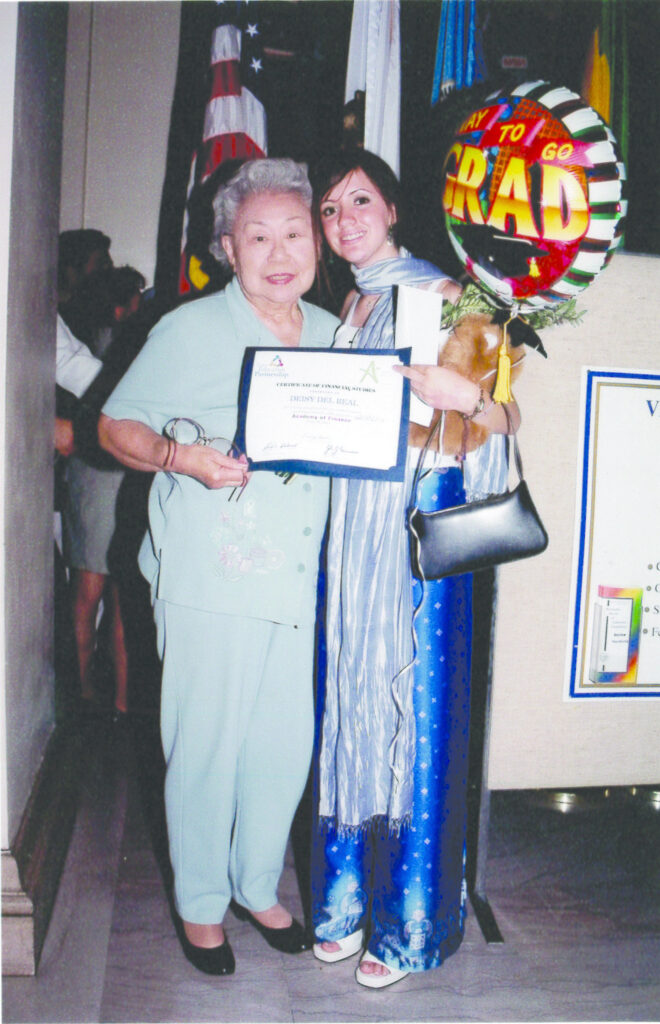
At the end of my talk, an elderly man with silver hair introduced himself to me as Craig Clark. He was a priest from New Mexico. “Your story really moved me; we need to keep you in this country,” he said as he handed me his business card. “Please contact me and count on my support,” he told me as he hugged me. Later that week he wrote to tell me that he was mobilizing several religious congregations under the campaign he had named Saving Miss Deisy. In case I received a deportation order, they were getting ready to fight to keep me in the US. In that same tour, a lawyer also offered his services to help with my case. A second lawyer joined my family for our immigration interview, and it was there that our legal counsel successfully convinced immigration services to grant us permanent residency.
I have been a legal resident of the US for nine years now. In 2014, I became a US citizen. Over the past decade, I have been searching for ways to heal from the scars of my undocumented life and to find ways to share what I learned with other immigrants. My search for healing and for solutions to improve the broken immigration system has led me to work in other countries that are recovering from political oppression.
I have worked with the children of the Khmer Rouge survivors in Cambodia. Additionally, I have lived among former political refugees in Argentina, and I have worked with immigrant rights organizations that serve migrants across the world. Through my work and travels, I have met many other oppressed people who are also struggling to find ways to take care of their loved ones.
The 16 years that I was undocumented taught me that even in the most fertile soil, not everybody can have access to opportunities. Arbitrary legal, immigration, class, and ethnic boundaries leave millions of people barely surviving in the margins of society. My father was right that suffering is inevitable, but suffering should not be legalized. I also understand that I could not have thrived in this country if it were not for the kindness of people I met along the way.
So instead of searching for my own barrel of gold, I am dedicating my life to finding policy solutions that will expand the rights, protections, and opportunities of immigrants, refugees, asylum seekers, and stateless people around the world. I hope that my work and the work of other immigrant rights activists will help the millions of other jinetes find a place where they too can thrive.
Story by Deisy Del Real (2011 Fellow), PhD candidate at UCLA ∎
Keep Exploring
-
 Read more: Q&A with MD/PhD Student Silvia Huerta Lopez
Read more: Q&A with MD/PhD Student Silvia Huerta LopezQ&A with MD/PhD Student Silvia Huerta Lopez
-
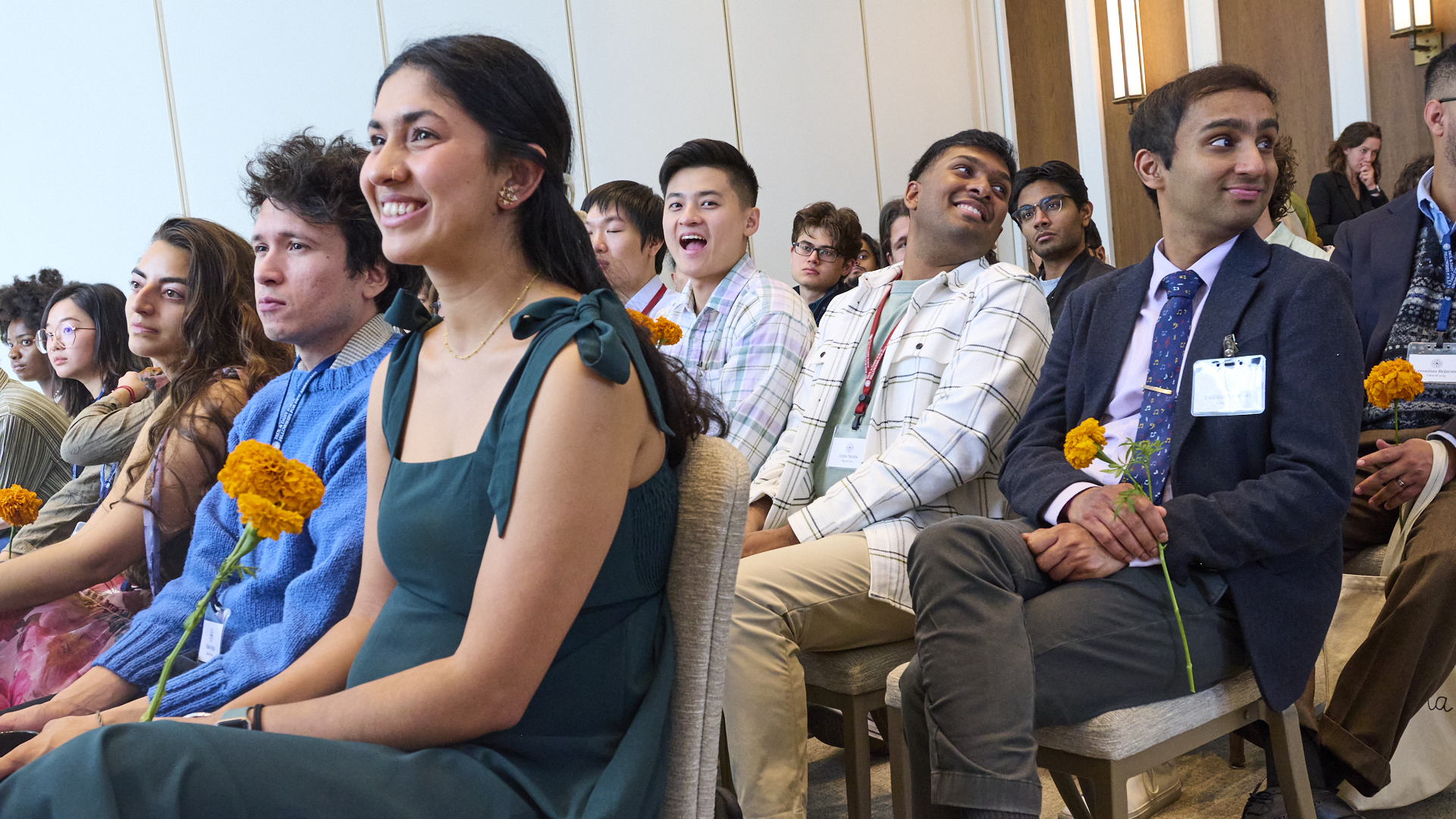 Read more: PD Soros Eligibility Guide for PhD Applicants
Read more: PD Soros Eligibility Guide for PhD Applicants- Applicant Information
PD Soros Eligibility Guide for PhD Applicants
-
 Read more: Watch: Optional Exhibits & Recommendations
Read more: Watch: Optional Exhibits & Recommendations- 2025 Information Sessions
Watch: Optional Exhibits & Recommendations
-
 Read more: Watch: Essay Writing information session
Read more: Watch: Essay Writing information session- 2025 Information Sessions
Watch: Essay Writing information session
